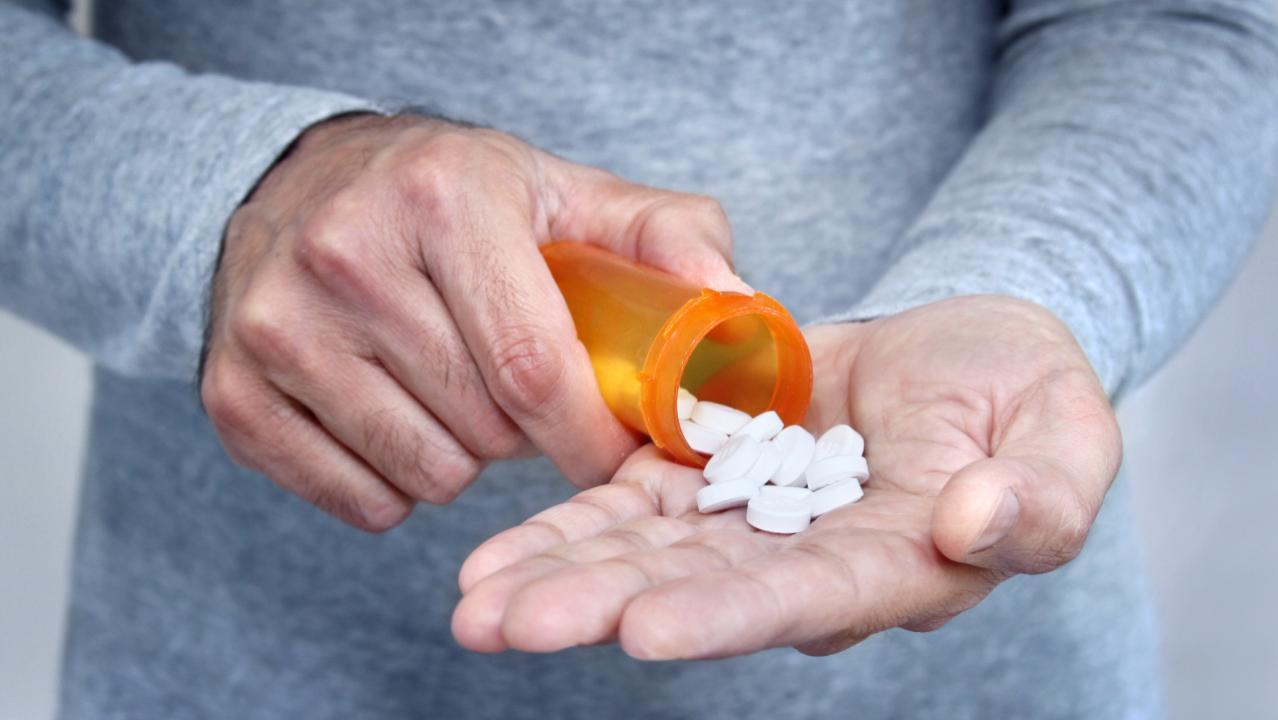Home / Lifestyle / Health & Fitness / Article /
Over-the-counter treatment without prescription maybe life-threatening: Study
Updated On: 22 September, 2022 04:56 PM IST | Lucknow | IANS
People tend to take sedatives, analgesics, antacids and laxatives for various common problems without any prescription from a medical practitioner and that could often be dangerous for them

Image for representational purpose only. Photo Courtesy: istock
A new study by King George's Medical University (KGMU) has found that taking over-the-counter (OTC) treatment over a long period of time without timely intervention could cost people their life.
People tend to take sedatives, analgesics, antacids and laxatives for various common problems without any prescription from a medical practitioner. They may give relief for the moment, but in the long term, these drugs cause serious adverse drug reactions (ADR) and allergies, ulcers, tumours and infection. Some patients also suffer from instant drug reactions.
According to experts of pharmacovigilance at KGMU, the consumption of antibiotics used to treat infection, and nimesulide for pain, often creates complications and proves hazardous.



